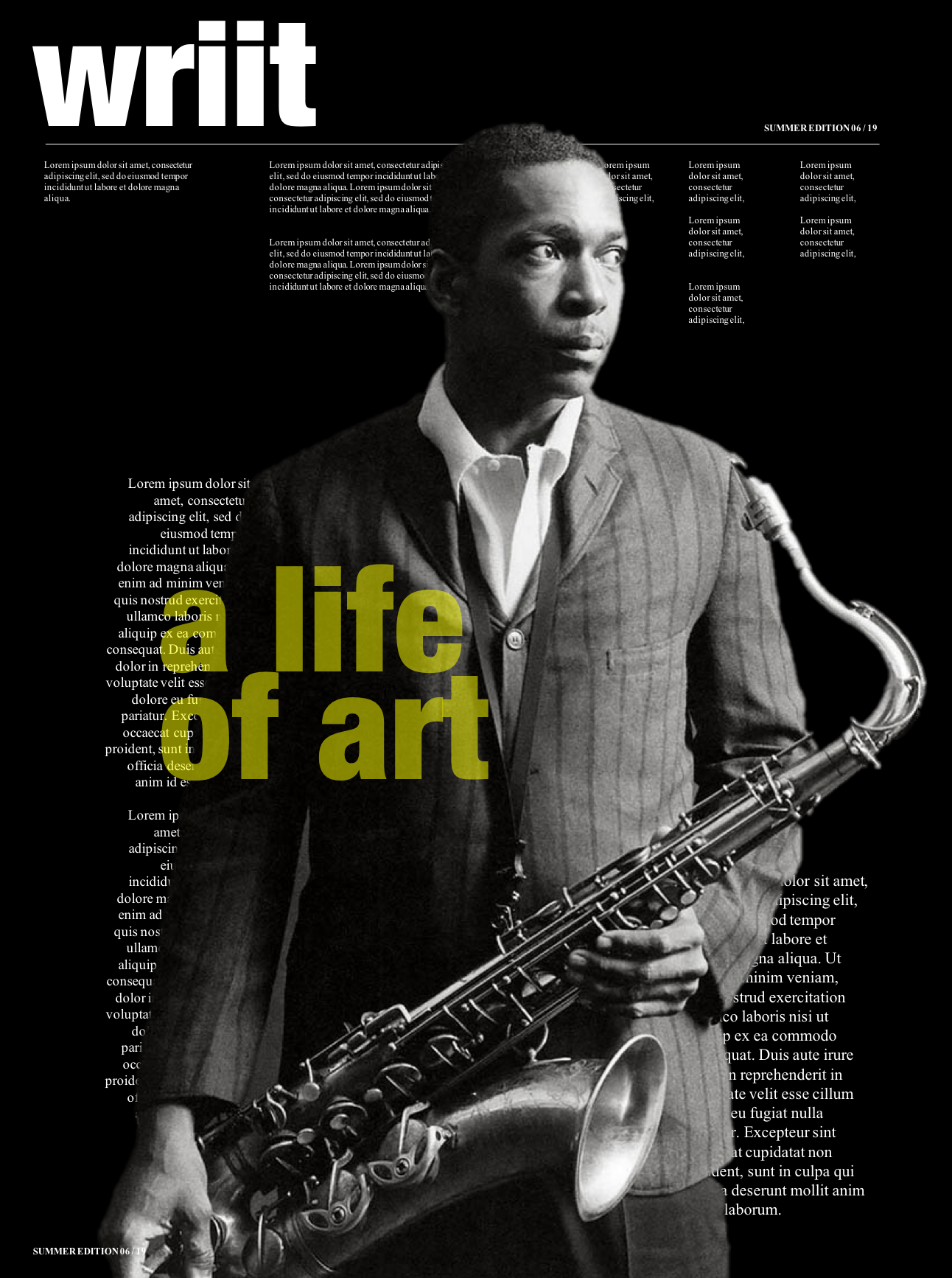Consumers Energy’s first woman CEO ready to take reins
La Colombe’s Canned Latte Brings Barista-Worthy Coffee To Grocery-Store Aisles
La Colombe’s canned draft latte is infused with nitrous oxide for a signature silky texture.
Todd Carmichael, cofounder of the growing Philadelphia-based craft-coffee authority La Colombe, had a beef with iced lattes: He couldn’t stand the watered-down beverage that results from cooling steamed milk over ice. So last year, he invented a draft latte system for his cafés. Cold milk is infused with nitrous oxide (producing a silky microfoam), mixed with cold-pressed espresso, and poured from a keg. When sales at one of his Philadelphia outposts jumped 17.5% the week the draft latte was introduced, Carmichael began to think about how to take the drink from his cafés to store shelves.
How Fitbit Became The Next Big Thing In Corporate Wellness
Is the new requirement to climbing the corporate ladder that you count all the steps?
Most mornings, Brett Broviak rises at 4:30 for a walk around a nearby track before work. The winters in his native Indiana are long and cold, but Broviak trudges on. Occasionally, he steals a glance at his Fitbit to check his progress toward his daily goal: 20,000 steps, or about 10 miles.
8 Common Networking Disasters (And How To Avoid Them)
Many people set aggressive networking goals, forgetting that it takes time and patience to build a business relationship.
Most people engage in networking in the hopes of landing a new job or business opportunity but, experts say, many approach it the wrong way.
Sources Doubt Anonymous Gray Hats Cracked San Bernardino Shooter’s Phone. So Who Did?
The FBI has contracted with the SunCorp subsidiary for $338,581 in gear and services since the December 2 San Bernardino attack.
The identity of the group that helped the FBI access the encrypted data from San Bernardino shooter Syed Farook’s iPhone is still a mystery.
How To Make Coachella Even Trippier: Augmented Reality Earbuds
Doppler Labs’s new Here earbuds let you selectively tune in—and out—the world around you. Here’s what that’s like.
Sia is on, and I am in hallway.
Cloakroom 2.0 Is Like “Whisper For Capitol Hill”—And It’s Not Half As Bad As You Think
The app moves beyond anonymous chatting with votes and polls that will produce insider data for the app’s maker to harvest.
Last year, former congressional staffer Ted Henderson released an anonymous chat app for Washington, D.C. staffers and insiders to freely discuss bills and issues—think Whisper but for Capitol Hill. After building a solid user base, Henderson released Cloakroom 2.0 last week with polling and social tools, which may turn what was once “just another anonymous messaging app” into a truly valuable knowledge base of insider politics.
Why I’ve Avoided Talking About Being A Woman In Tech
Being part of a minority group has always made me cautious to talk about diversity, so maybe we need to reframe the discussion.
For a long time, almost as long as I’ve been a member of the exclusive “Women in Tech” club, I’ve avoided talking about diversity.



